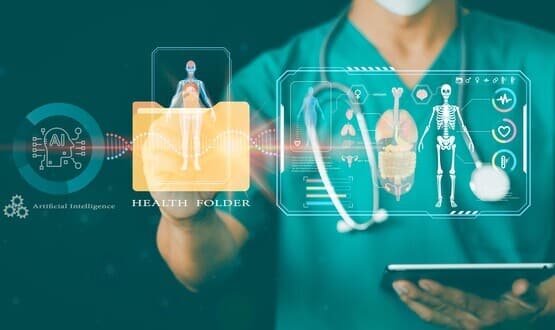Wireless healthcare depends on security
- 14 July 2009
A new report has warned that the security of wireless health applications needs to be improved if they are to realise their full potential.
It warns that Wi-Fi, one of the most widely deployed wireless technologies in hospitals, has several security challenges. New emerging digital cellular technologies offer significant potential on securing mobile health data, states the Frost and Sullivan report.
The report says that healthcare systems increasingly rely on a range of applications – including Electronic Health Records, Computerised Physician Order Entry, Decision Support System; and picture archiving and communication systems – that improve patient recovery and render clinical services more effective.
“However, their success depends on the network through which information is transmitted,” states the new report ‘Is E-healthcare Secure in the Hands of Cellular Technology?’
The report says that because these applications utilise sensitive and personal information, the transfer of such information requires a highly robust, secure and reliable environment to be maintained not only within a country but world-wide as well.
The various technologies used for the transmission of information in healthcare include the Public Switched Telephony Network, Radio Frequency Identification (RFID), cellular, wireless fidelity (Wi-Fi) and bluetooth.
The report says that with the evolution of GSM to 3G, various security features have been enhanced and implemented to protect the integrity of data.
“Such security features will enable cellular technology to gain a competitive advantage over various wireless alternatives as cellular technologies operate in the licensed band providing guaranteed quality of service,” remarks the report.
Currently, Wi-Fi is one of the most widely deployed wireless technologies in hospitals. However, this technology has several challenges with regard to range, security and quality of service which can be effectively addressed by next generation cellular technologies such as HSPA and 3G LTE.
“With the convergence of IT and cellular, high throughput and low bandwidth cryptographic algorithms need to be developed to exchange information across various devices, applications and networks,” states the report.
Link




